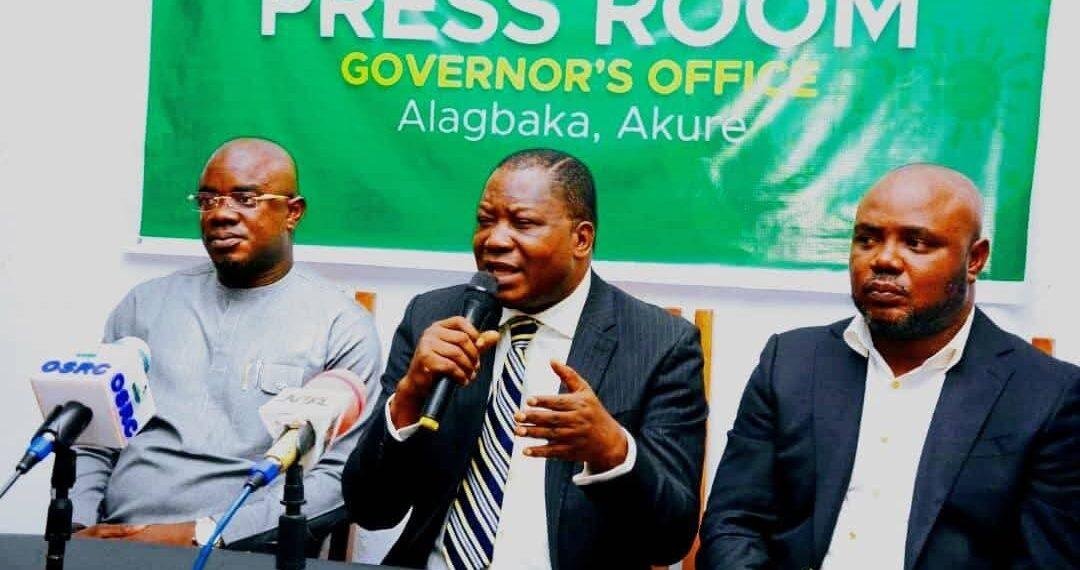The Ondo State Government has approved the release of ₦3.5 billion as counterpart funding for the World Bank-assisted Rural Access and Agricultural Marketing Project (RAAMP) aimed at improving rural infrastructure and boosting agricultural productivity across the state.
The decision was part of key resolutions reached during the State Executive Council (EXCO) meeting held on Wednesday, July 30, and presided over by Governor Lucky Orimisan Aiyedatiwa at the Government House in Akure.
Speaking after the meeting, the Commissioner for Infrastructure, Lands and Housing, Engr. Abiola Olawoye, said the fund will enable the state to participate actively in the World Bank-backed RAAMP initiative, which targets the rehabilitation and development of rural roads critical to agriculture and trade.
“This financial commitment by the Aiyedatiwa administration demonstrates its dedication to rural development and improving access to markets for farmers,” Olawoye said.
He disclosed that engineers from the ministry would begin statewide inspections to assess road conditions across the 18 local government areas, focusing on critical repairs and durable infrastructure. Hydraulic designs and drainage upgrades will also be carried out to improve water management on the roads.
“We urge our people to be patient. What we are building is long-term infrastructure, not quick fixes,” he added.
In a proactive response to the growing threats of climate change and flooding, the Council also approved a comprehensive flood mapping exercise across Ondo State. The project is aimed at identifying and addressing environmental and structural vulnerabilities in flood-prone communities.
Commissioner for Environment, Dr. Tob Loko, who disclosed this, said the state is adopting a data-driven approach to prevent disasters and mitigate the impact of flooding.
Read Also:
- Port Harcourt Refinery not for sale, says NNPC
- Ibas advocates community driven socio-economic projects to address societal challenges
- Delta reaffirms commitment to completion of Asaba Twin Mega City project
“We’re not only identifying high-risk areas; we’re also examining the root causes of their vulnerability. This initiative is part of our larger climate resilience strategy,” Dr. Loko stated.
He emphasized that the government is also planning emergency support for residents who may be affected by flooding, including temporary relocation and the distribution of relief materials.
Meanwhile, the State Executive Council has confirmed the appointment of two new traditional rulers.
According to the Commissioner for Local Government and Chieftaincy Affairs, Alhaji Amidu Takuro, Prince Olusola Joseph Ajaka has been approved as the first Gbogunro of Idi-Ogba Alagbon in Ilaje Local Government Area, while Prince Isiaka Oseni has been named the new Alale of Akungba-Akoko in Akoko South West Local Government Area.
“These appointments followed due traditional process and were ratified by the relevant authorities before final approval by the Council,” Takuro noted.
Rounding off the briefing, Commissioner for Information, Mr. Idowu Ajanaku, said the wide-ranging decisions taken at the meeting reflect Governor Aiyedatiwa’s commitment to sustainable development and infrastructure renewal.
“These initiatives are a clear demonstration of this administration’s resolve to deliver dividends of democracy. We urge citizens to continue supporting the government as more projects will soon be rolled out across the state,” Ajanaku stated.






